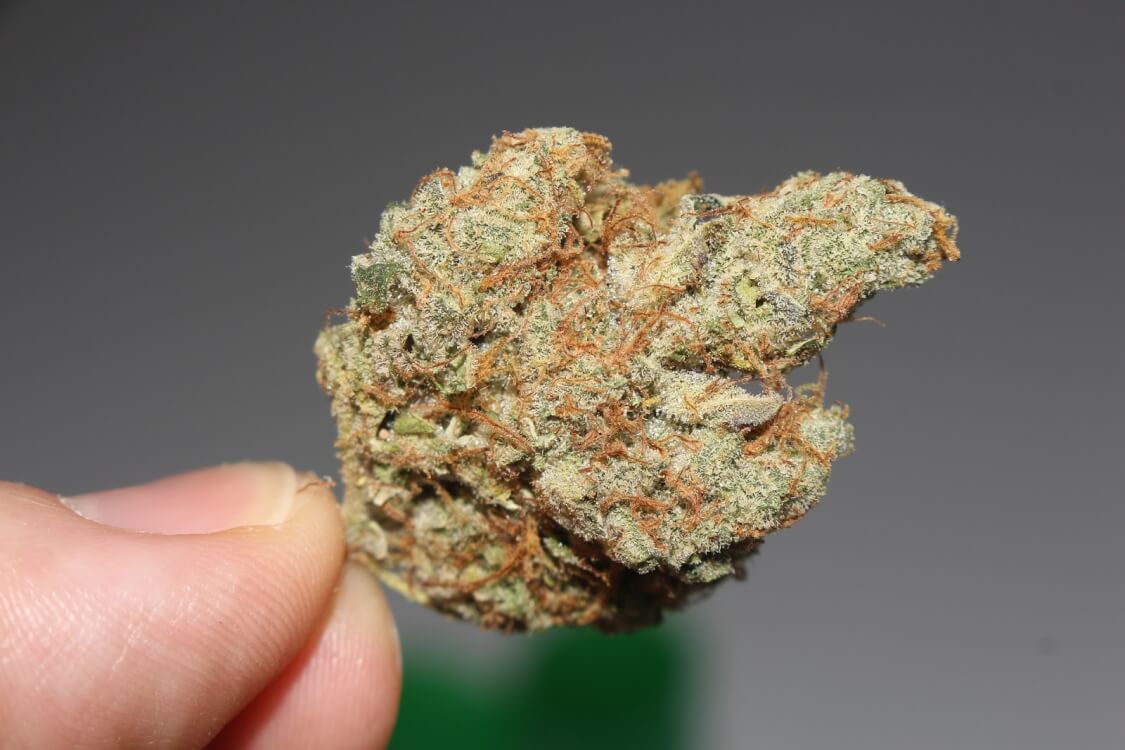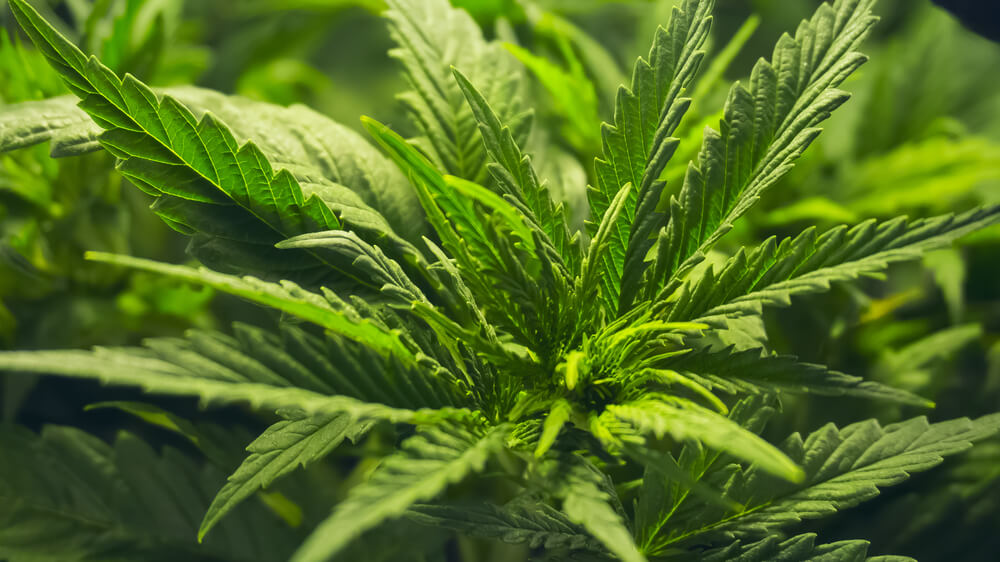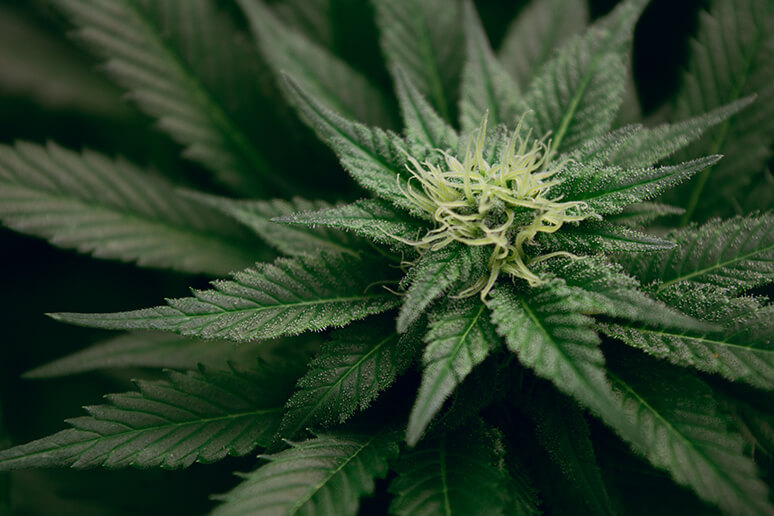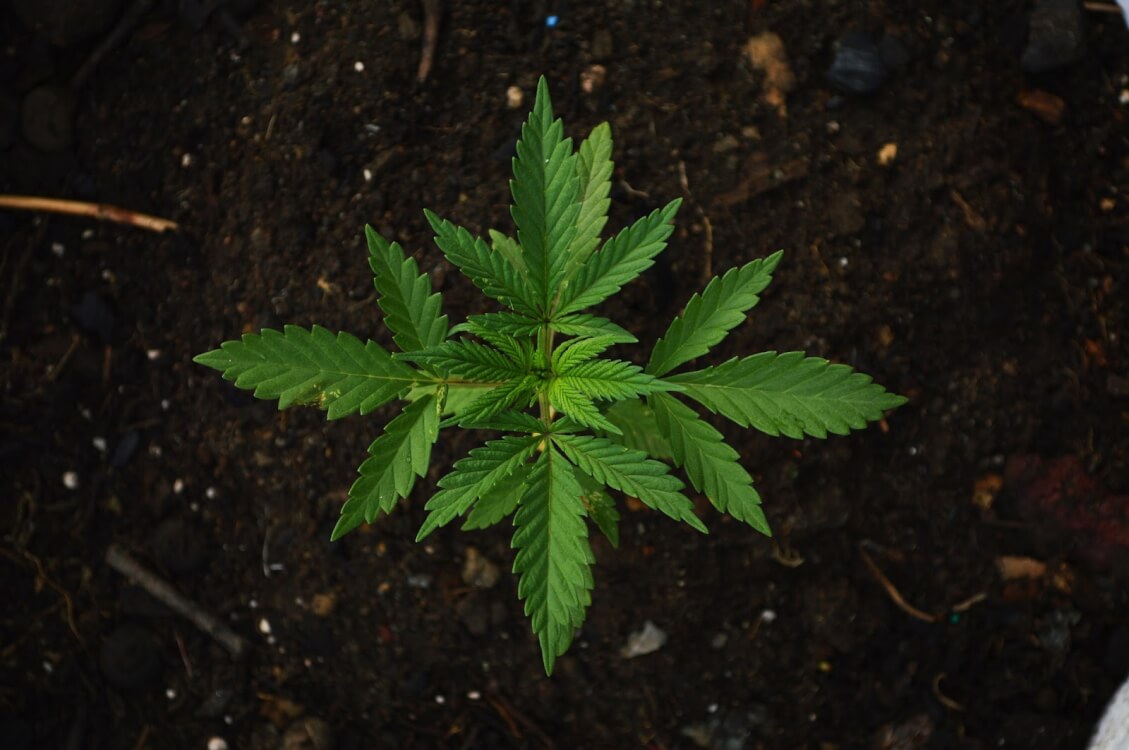Is it THCA vs THC? or…THCA and THC?
..what about THCA then THC?
Right. The relationship between cannabinoids is hard enough to keep tabs on these days, given the EXPLOSION in cannabis science.
Flavonoids. Terpenoids. Cannabinoids…the discovery of ‘oids-like compounds can’t stop…and won’t stop, so keeping up can be outright exhaustive.
But when it comes to THCA and THC, you’re likely familiar with the famous (or infamous) THC, right?
As for THCA, it’s likely a different story – on the peripheral; neglected; unappreciated. Overlooked.
And sadly, if you’re enduring pain, inflammation and the like, it’s likely to your dismay.
So, if you’re interested in taking your cannabis IQ up a notch, along with treating your pain and inflammation more effectively with cannabis, read further as we breakdown the major differences between THCA and THC.
THC vs THCA – 7 Major Differences

As the spelling slightly shows, there’s a difference between THC and THCA, and as cannabis geeks, we’ve compiled 7 that stand out the most.
1. THCA is an Acidic Precursor to THC
If you fancy yourself in any way like a poet as I do, here’s a metaphor:
THCA is like the caterpillar, whereas THC is like the butterfly that it transforms into.
Beautiful, right?
And as for the metamorphosis or transformation process:
For THCA to convert into THC, it must undergo either 3 processes:
- Drying within 60-70 degree F temperatures
- Curing
- Decarboxylation or intense heat
When either of these takes place, Carbon Dioxide (CO2), which is noted as the ‘A’ in THCA, is removed, thus ‘evolving’ into THC.
Therefore, you can find the most THCA in freshly harvested raw cannabis plants, before it undergoes any of the above 3 processes.
2. THCA is not Psychoactive, Whereas THC is
THC, as you likely know, is the trademark compound in cannabis that causes the euphoric and psychoactive experience.
As for THCA, there’s no psychoactive effect.
Nada. Zilch. Cero.
Why?
It’s because our endocannabinoid system doesn’t process THCA in the same way as THC, hence THCA’s need to be put through either:
- Drying
- Curing
- Decarboxylation or intense heat
Simply put, THCA vs THC means non-psychedelic vs psychedelic.
3. Our Biology Processes THCA Differently
Cannabinoids like THC and CBD are known to work with our endocannabinoid system (ECS), binding into our CB1 and CB2 receptors.
If you’re not familiar, our ECS is extremely influential in regulating our immune system and nervous system.
Unlike its relatives, THCA doesn’t bind to any receptors but instead helps release and suppress certain enzymes and proteins in our ECS.
What kind’ve proteins and enzymes?
THCA is known to suppress proteins and enzymes that cause inflammation, fever and body decay, while research also shows it helps activate ones that help protect our tissues.
…so no high, euphoric effect, but still a huge medical effect for THCA.
4. Medical Dosing of THCA can be Different from THC

Of course, the right dosing all depends on so many variables.
Things like your symptoms, your diet, your past experiences, tolerance and more.
But research shows that THCA in even small doses, such as in the magnitude of 10 to 100 times lower than THC, can have medical value.
5. THCA Works Better (if Not Just as Well) With Certain Terpenoids and Other Cannabinoids
Okay, this point isn’t much of a difference between THCA and THC, but it’s darn right important to note.
Ever heard of the entourage effect?
Or the many research studies pairing various cannabinoids together; mixing and matching, as if scientists were doing their best impressions of being cannabis alchemists?
Or what about big pharma’s FDA-approved cannabis-based drugs?
Well, all these examples show that cannabis can be a better solution to certain conditions if its compounds are used together in certain proportions.
CBD, THC, THCA, CBD, THCV and the list goes on and on, so the combinations go on and on.
6. THCA Can be Consumed in a Number of Ways
There are a number of ways that THCA can be consumed.
There’s THCA crystalline for starters, which is an almost pure THCA extract – this is best used as an ingredient or supplement.
There are other various cannabis products like balms and creams that are meant to be used as topicals for pain and inflammation management.
Then, there’s juicing and blending raw, fresh high-THC cannabis plants with nature’s other goodies.
High-THC plants that haven’t gone through any of these below 3 processes:
- Drying in temps between 60-70 degrees F
- Curing
- Decarboxylation or put through intense heat
…will be THCA rich, given you need lots of THCA for lots of THC.
Blend the leaves and buds of these high-THC strains for a THCA-rich smoothie!
As for consuming THC, there are also traditional ways like edibles, topicals, flowers and extracts.
7. THCA possibly Holds a lot More Medical Promise

While THC certainly does things for the creatives among us, THCA looks like it’s more aligned with CBD.
That means, its role is purely medical and is best taken alongside other cannabinoids, terpenoids and flavanoids.
This isn’t me blowing smoke!
THCA research shows efficacy with children and adults in brain functioning; in arthritis; in diabetes; in pain and inflammation; and in appetite.
Just to skim the surface.
However, clinical trials are far from reaching any rigid definitive conclusions.
But think of the potential if THCA is used alongside other cannabinoids for schizophrenia, anxiety, depression and the growing number of mental/physical conditions that exist within our ECS.
Oh, the possibilities.




